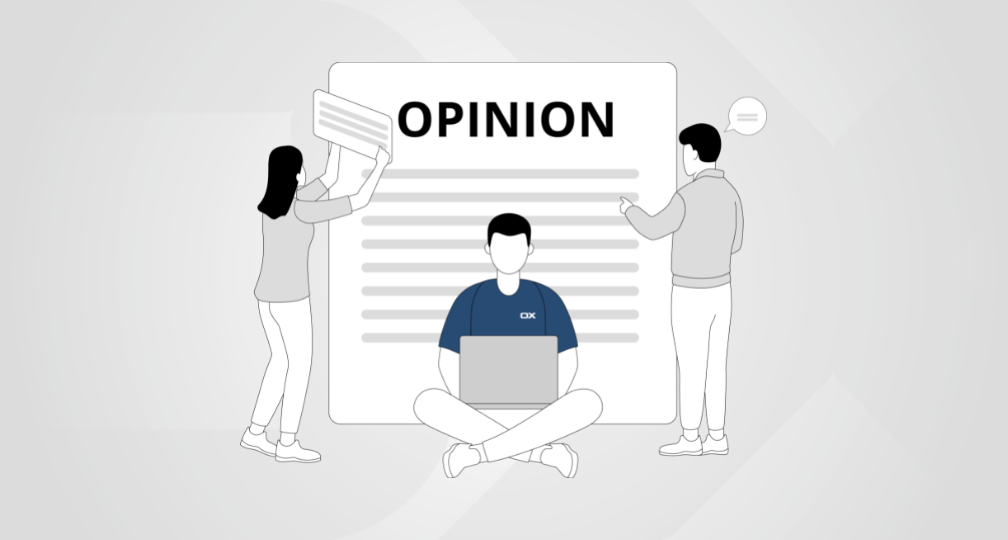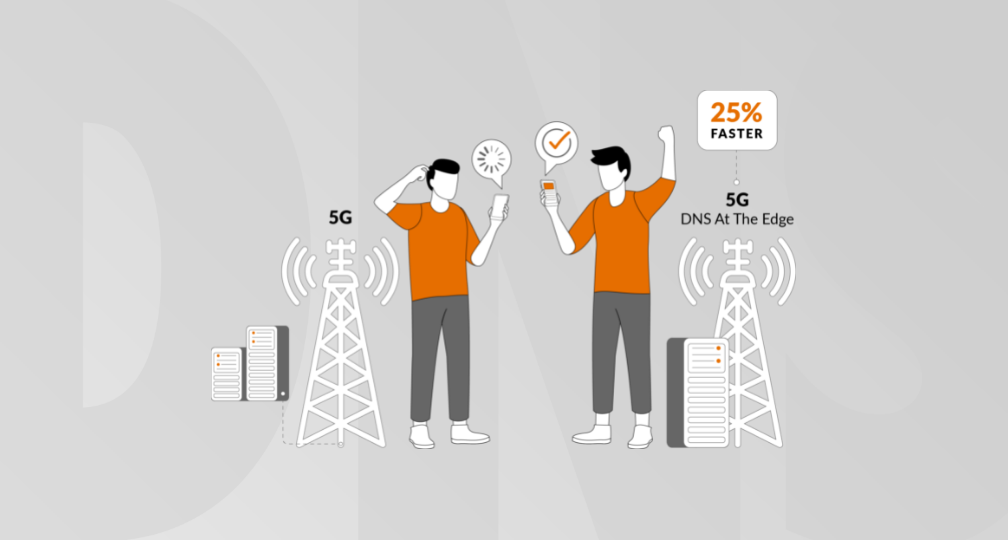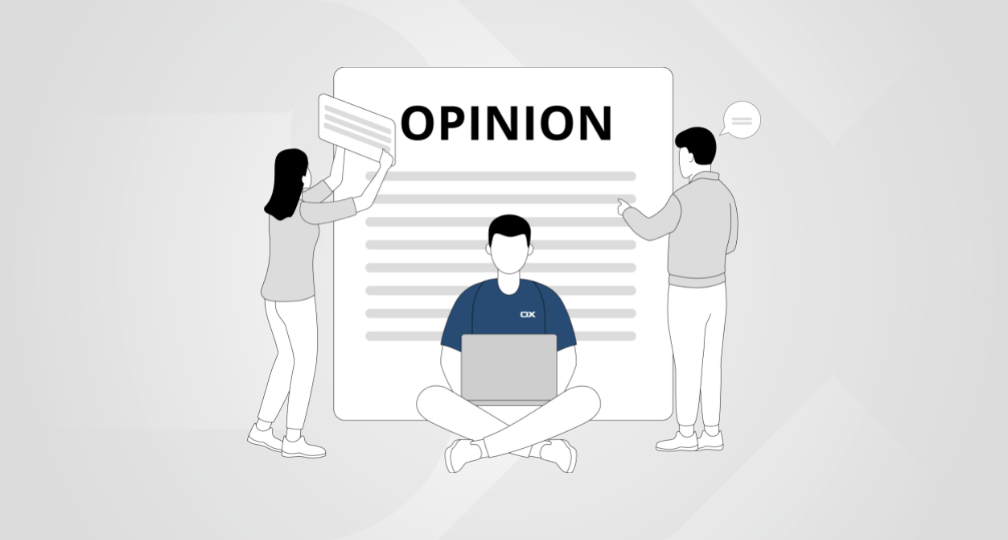(Image credit: Image Credit: Jai79 / Pixabay)
By far the greatest innovation of the past 50 years is the internet, enabling digitisation and global networking to change communications and business worldwide. In recent years, we’ve seen significant disruption and upheavals in industries like retail, telecommunications and music. Meanwhile, sectors such as banking, insurance and medical services face increasing pressure to change.
The arrival of the internet has undoubtedly boosted our personal freedom. Smartphones enable us to communicate, find information and buy goods without the need for an intermediary. Yet at the same time, a handful of vendors have rapidly become the dominant players, namely Google, Amazon, Facebook, Microsoft, Tencent, Alibaba and Baidu.
The common ground between these services is that they collect, store and process user data and, if necessary, pass it onto third parties. This forms the basis (or at least a core part) of their business models.
Closed silos built on an open internet
Advertising-based business models have become prevalent amongst online services over the last 20 years, not least due to a lack of successful alternatives. Since advertisers were willing and able to pay higher prices to reach their target audiences directly, many sites began collecting as much information about their users as possible. The tech giants of Silicon Valley have thus established a new social contract: data in exchange for “free” services.
In order to get as much data as possible and to maintain sole access to it, Google, Amazon, Facebook and the rest have built closed platforms. Whatsapp and facebook Messenger retain users by ensuring they can only communicate with other users of the same platform, and are therefore unable to switch providers. Their goal is to lure users away from open and federated Internet services to their gated silos in order to ensure they their personal and monetisable data on their platforms.
The original vision for the internet was vastly different. Based around open standards and open protocols (TCP / IP, DNS, HTTP, IMAP…), the internet was designed to give everyone the opportunity to communicate with each other and provide access to knowledge without a single centralised authority.
How the "network effect" creates monopolies
These closed systems lead to a network effect, which allows the largest provider to grow as the competition dwindles. Users flock to this service, making it enormously difficult for new providers to assert themselves against the dominant provider.
Dominant providers meanwhile optimise their businesses to ensure an enormous cash flow, huge profits, and billions of euros in liquid assets. They can use this money to acquire companies developing promising new technologies. This further consolidates their market position and prevents them from disruption by newer, more innovative start-ups. A good example of this is Facebook, which acquired WhatsApp and Instagram at an early stage, successfully diversifying and cementing its supremacy in the world of social networking.
Surveillance monopolies
The combination of dominant internet platforms, the triumph of the smartphone and the expansion of the mobile internet, along with the practice of capturing and processing consumer data, has led to comprehensive surveillance systems in the East and West. Over the last decade, these have developed as a means of analysing and manipulating user behaviour.
Harvard professor Shoshana Zuboff coined the term "surveillance capitalism" to refer to the systems operated by Facebook and Google in the US, which collect users' data in order to generate advertising revenues. However, because capitalism requires a free market, and this no longer exists, we are in fact talking about “surveillance monopoly”.
Similarly, the Chinese social credit system, which grants the State the power to reward desirable behaviour and punish undesirable behaviour, can be characterised as "surveillance centralism”.
Germany and Europe must become advocates for an open internet.
Neither of these perspectives should be acceptable in Europe, where we are united by the values of the Enlightenment and humanism. These values include a commitment to the dignity of human beings, freedom, equality and solidarity. Cooperation within the European Union is based on the principles of democracy and the rule of law.
But the past decade has shown that we have largely lost sovereignty and control over our personal information and privacy. This exposes us to both private and state surveillance and manipulation, which ultimately endangers our democracies, which are based on personal freedom.
In addition, mass data is the basis for the next jump innovation: artificial intelligence (AI). Having the most and best data to train your algorithms has a strategic advantage for any AI company hoping to be successful in its specific market.
It is therefore clear that in Europe we must do everything in our power to limit the data-gathering and privacy-violating services of the monopolistic corporations. EU Competition Commissioner Margrethe Vestager does a very good job in this area and does not shy away from conflict with powerful companies.
At the same time, we need to promote the development and use of open internet services that respect users' data sovereignty and are in line with the original vision for the internet, i.e. open, networked (federated) and non-admitted (permissionless).
Here, "open source" software holds the key. Only open source software can ensure transparency, which is a prerequisite for trusted services. Furthermore, open interfaces guarantee competition and innovation.
But this alone is not enough. The most promising approach would be to break the monopolistic market power by forcing it to allow interoperability. Then new, open services have a real chance of competing with the existing data silos. Meanwhile, government support is required to encourage the spread of open software. First, public administration at all levels should establish open source software as a standard in order to reduce reliance on a few vendors.
On the other hand, as demanded by the alliance of the digital economy and politics in the "Public Money, Public Code" campaign, state-funded software should be released under free software licenses. This way, it is genuinely open and made available to the very people whose taxes pay for it: the public.
Rafael Laguna, Founding Director, SprinD and CEO, Open-Xchange






